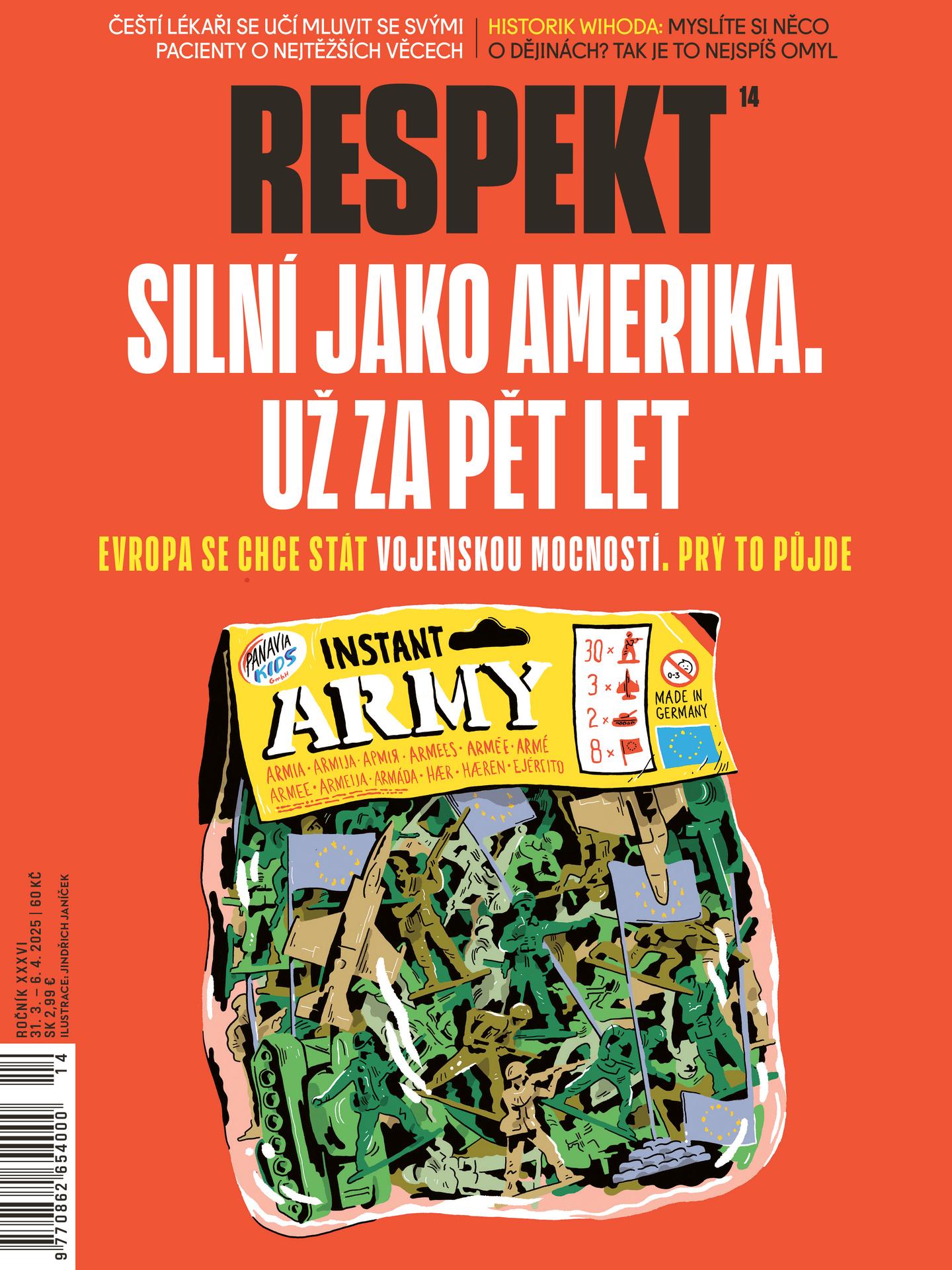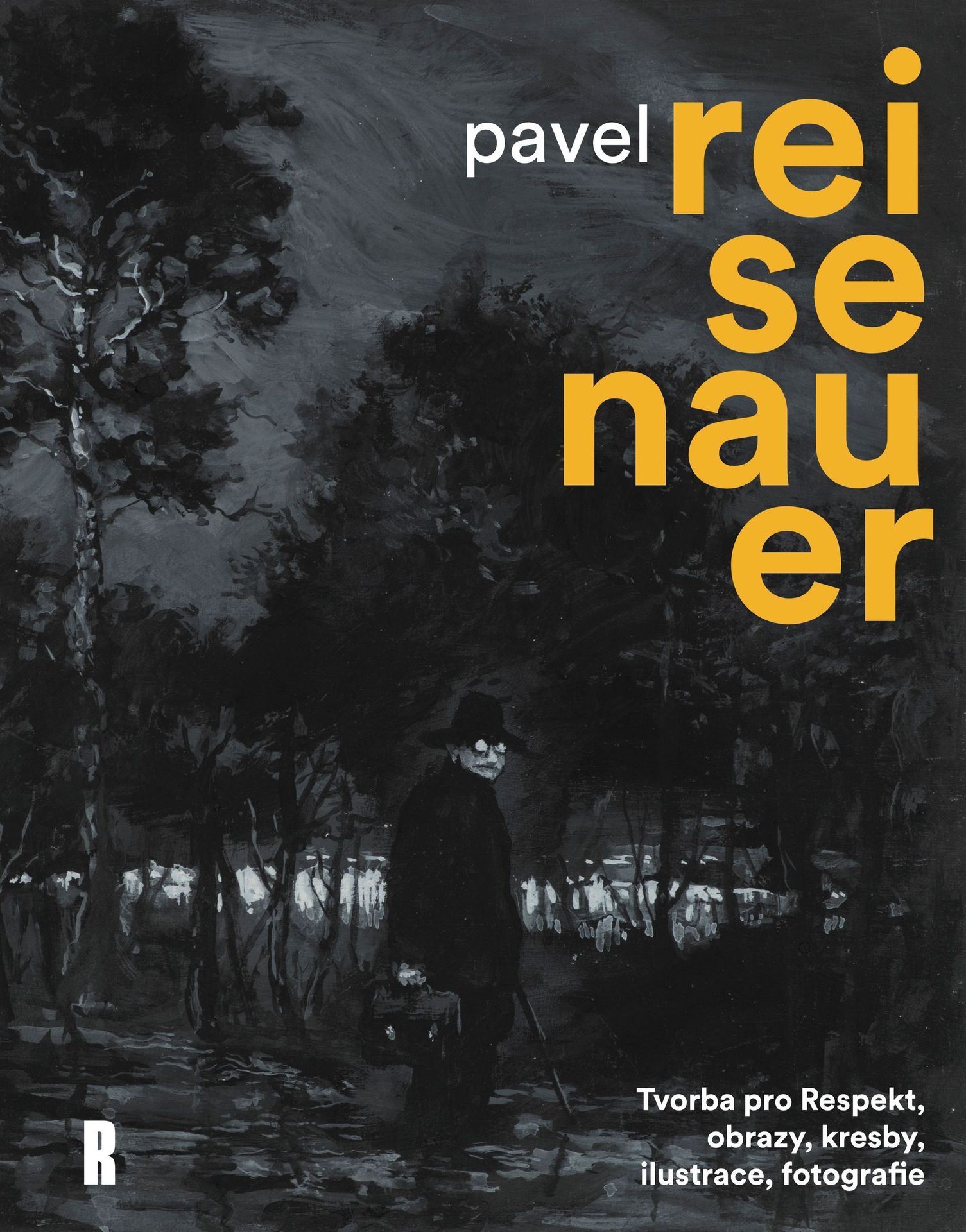


A 15-meter-long asteroid called 2010 AL30 missed Earth by a mere 125,000 kilometers. Éric Rohmer died. The media reported about a large earthquake that hit Haiti. Electricity consumption increased for the first time in 14 months, and forecasters from the power company ČEZ announced in the newspapers that better times are on the way. A winter disaster hit the Czech Republic. Thirty centimeters of snow slowed life in Prague, and City Hall divulged to residents that Mayor Bém (ODS) had departed for Antarctica to spend his traditional January vacation.
“We have had a mild flu – a false pandemic,” Právo cited Wolfgang Wodarg, the chair of the European Council’s Health Committee, who released information that the “terrible swine flu pandemic” was dreamt up by pharmaceutical companies, which then earned huge sums of money thanks to people’s fears; Wodarg called the hype surrounding the swine flu “one of the biggest medical scandals of the century.” The Siemens factory in Prague-Zličín stopped manufacturing rail vehicles. The Supreme Administrative Court began reviewing the state’s petition to dissolve the Dělnická strana (Labor Party), which experts accuse of neo-Nazi racism and fomenting hatred. Unemployment rose sharply. “Isn’t it strange? Lots of drunken people drive from discos in the country, but the police controls are in the center of Prague,” Lidové noviny opined that the police dared to check drivers for public intoxication not only in rural areas but even in the capital itself. The price of Natural gasoline exceeded 33 crowns per liter. Municipal officers arrested a graffiti vandal who had spray-painted a swastika over the hammer and sickle on the monument to fallen Red Army soldiers in Brno.
“NATO needs to reassure its members that the article on mutual assistance in the event of an attack remains valid today, in the changed security conditions,” Madeleine Albright, chair of NATO’s Strategic Concept Expert Group, said in Prague, where she arrived to find out how Central European members of the Alliance view NATO’s prospects and the West’s relationship with Russia. Another hunter shot his colleague’s leg to pieces in the woods near Kyjov. The Three Kings visited the Office of the Government. The Czech antimonopoly office prohibited Czech Post from procuring cars for 300 million crowns due to concerns that the tender was rigged; Antonín Charouz, a businessman and friend of many Czech politicians, was supposed to supply the cars but recent considerations that the competition was drawn up from the outset so that only Ford, whose interests in the Czech Republic are represented by Charouz, could meet the conditions of the contract, and authorities decided to investigate the matter thoroughly. KIT Digital was listed on the Prague Stock Exchange. Israeli police arrested and expelled Czech activist Eva Nováková, who was working in Ramallah as the media coordinator for International Solidarity Movement.
“It doesn’t seem like a pity to us – otherwise nobody would know our music. I myself bought my last CD eight years ago, and don’t know anyone who still does it today,” a member of the hip-hop duo Čokovoko Adéla replied when asked by a journalist, “Doesn’t it seem like a pity to give away music online instead of selling it on CDs?” Chemicals leaking from Litvínov’s Unipetrol factory killed fish in the Bílina River. Real estate investments dropped by 64 percent over the past year. The number of Czechs forced to declare personal bankruptcy reached 2,500. It became known that President Václav Klaus had recently granted clemency to four friends or colleagues of the murdered mafia boss František Mrázek.
“The President didn’t know of those people’s ties,” Jiří Weigl, Klaus’ chancellor, explained the procedure. The longest tunnel in the Czech Republic, linking Prague-Letna and Pelc-Tyrolka, was completed. South Bohemia’s district office lodged a protest against the state’s efforts to sell the Jan Žižka Monument in Trocnov to a private investor. Cheap new banks set their sights on the Czech Republic. The media reported that Milan Knížák was planning to step down as director of the National Gallery after ten years on the job.
“I’ve spoken to him myself; he didn’t want to stick around here like Koschei the Immortal and force us to carry him out of the Gallery,” Culture Minister Václav Riedlbauch confirmed the rumor. The State Veterinary Administration prohibited the maker of Psí Sádlo Dr. Weiss from selling the herbal ointment under its name, which translates to “dog lard,” because of concerns about abuse of man’s best friend. Scientists discovered that sitting in front of the TV shortens life.
Pokud jste v článku našli chybu, napište nám prosím na [email protected].










